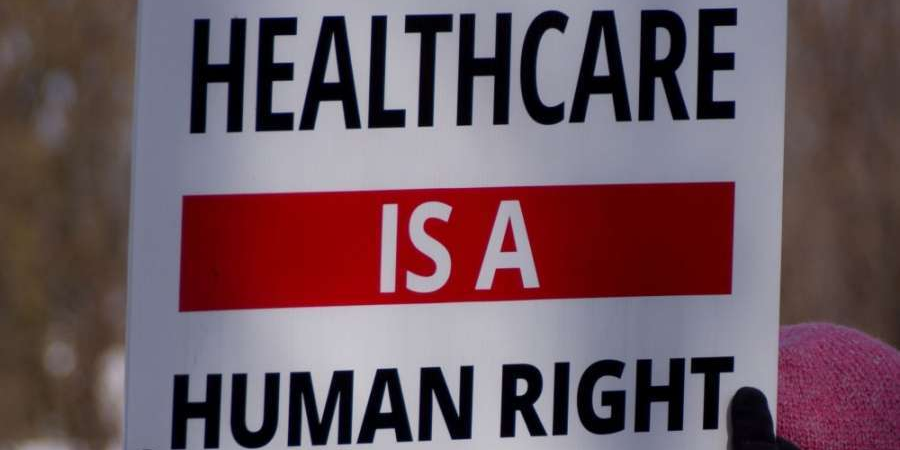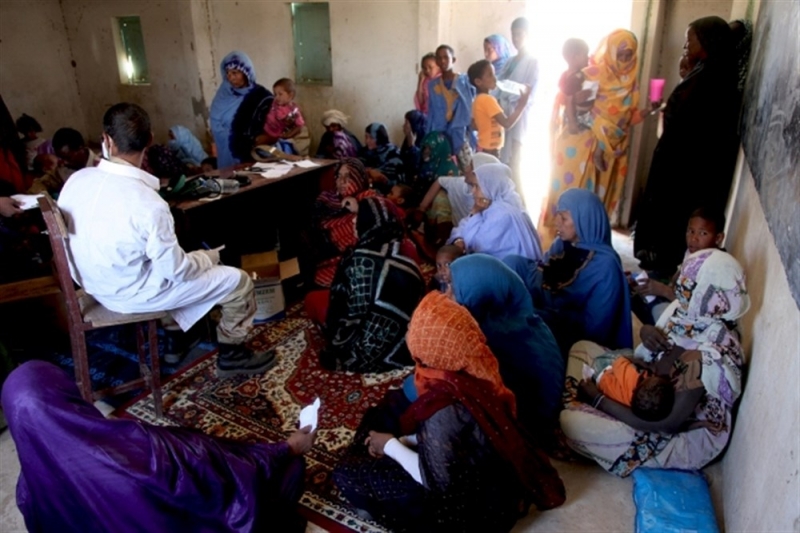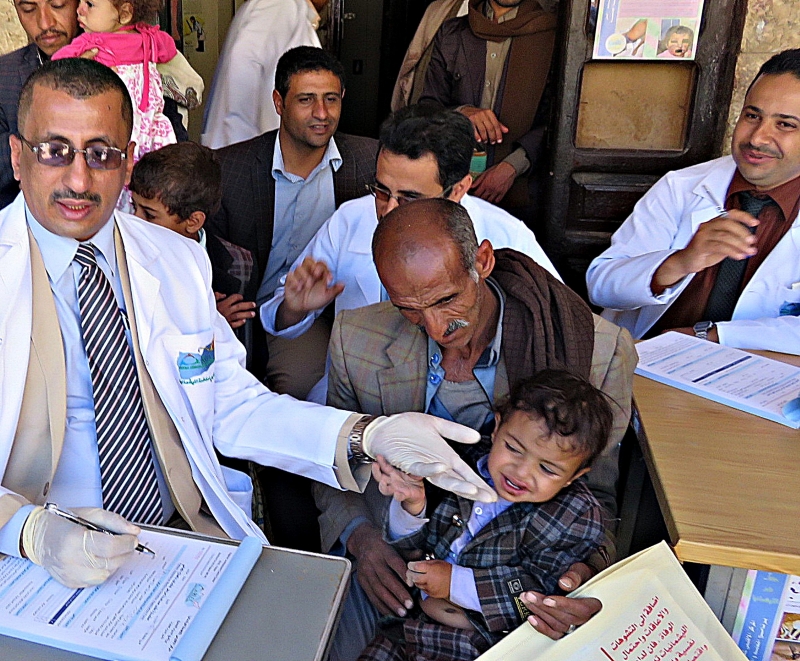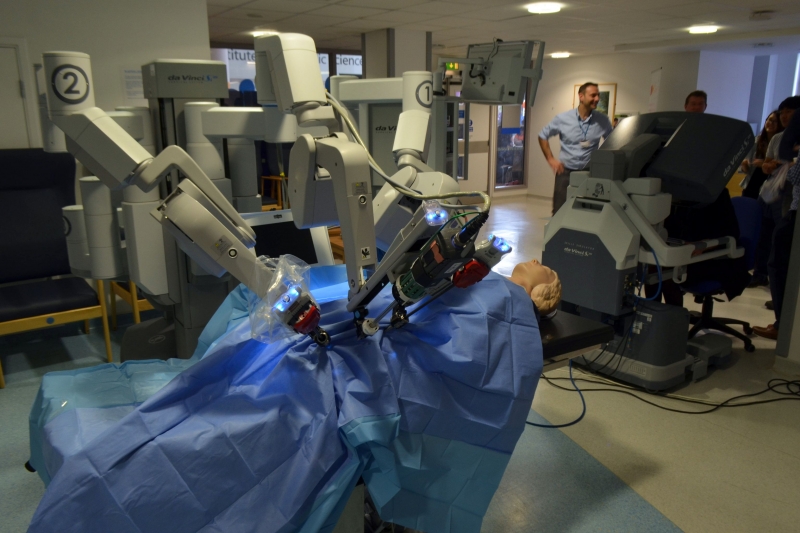Having a sick family member in home, is not certainly the best time to start searching for a doctor. The following lines, would help you, to avoid a tragedy in time of trouble.
Everybody falls sick, but not everybody knows who to turn to, in need of help, at the darkest hour; more so, if it is a health crisis. Here we would give you some basic information, so that you can choose for yourself, the right approach. Although the final approach, may differ from country to country; but the basic facts remains the same, with the right information you can make, the right choice.

The first approach, anywhere in the world, is that, people ask for help from their friends, families and neighbours; who may have faced similar problems, for a trusted recommendation. But there are two most important problems with that approach. First the people you know, may not have faced illness of similar type or intensity. The second is you are a newcomer in a big city, where you know, no one and everybody is busy with their own life. Then the next best option, that people try for, is searching the internet , thanks to Google. But searching in the internet can be tricky, if you do not know what you are searching for. So a little knowledge about the medical profession, including the specialities of Doctors , will help you a lot, for a systematic search. Now in traditional Allopathic Medicine, the Doctor can be divided into a General Practitioner, Specialist; Super Specialist & very rarely doctors with Post Doctoral training. Lets discuss them, one by one.
In many countries, they form, the first line of medical practice. Usually they are medical graduates, to whom people turn in their time of need, the most. They form the backbone of healthcare system, specially in the villages. Present in the neighbourhood, they also give a personal touch to healthcare. But their biggest drawback is, although they treat patients of any age and sex, for any illness; if the medical problem is serious, they usually refer the patient to the specialist.

Specialist Practitioners- Usually With a Post Graduate Degree on their Subjects
They usually help in diagnosis and treatment of diseases, in adults, with medicines. So in some countries, they are also known as medicine specialist. Most or all of them are also attached, to hospitals, where they admit patients, if illness is serious.
They are the counterpart of physicians, who treat children up to 14 years(age limit may vary from country to country).It is very important to understand, children are not small adults, they are different from them (in medical point of view – they may not tolerate the same medications) and should be treated only by child specialist or paediatrician, specially trained in their subject.

Otorhinolaryngology is a surgical branch that deals with ear, nose, throat (ENT ). Besides treating by medicines, any problem of the above organs, they are also trained and qualified to operate in those area, if needed.
The doctors in this surgical branch are concerned with treating disease of eye, both by drugs and surgery, if needed.
A doctor dealing with problems relating to female reproductive system. So if a family member, is pregnant, you know whom to consult.
Need a Blood test / Urine test , or any other test requiring body tissues ? Pathologist are the doctors, who can help you.
Need a Blood test / Urine test , or any other test requiring body tissues ? Pathologist are the doctors, who can help you.
Doctors who take care of the mental health of the patients.
These are the doctors, who take care of skin disease , so also commonly called as Skin specialists.
TThese are the surgeons, who operate on almost in all part of the body, if the treatment is by surgery. These professionals were at the helm of affairs, pertaining to any surgical problems; till the end of 20th Century , when due to technical advancement and more increased knowledge about the disease process and anatomy of the body, gave rise to various super speciality branches of surgery.
Visit to the Super Specialist doctors, should always be taken after opinion from your Physician / or Surgeon. But in big cities, educated people, do their own search, and decide for themselves, to whom they should go for treatment. Some of the most common super specialities subjects, according to complaint are:
1. Problems of stomach or Intestine ? – Get opinion from a Gastroenterologist (Medicinal treatment) or Gastro intestinal Surgeons (If a surgery is needed )
2. Problems of Kidneys/ Urinary tract? – Consult a Nephrologist (For Medicinal Treatment) or a Urologist (if surgery is needed)

3. Problems of Heart / Blood vessels ( Arteries or Veins? ) - For a diagnosis and medicinal treatment, consult a Cardiologist. A Cardio Thoracic Vascular Surgeon, takes care of the surgical aspect.
4. Problems of Nerve and/or Brain (Nervous System)? - Visit a Neurologist, for diagnosis & medicinal treatment. God forbid, but if surgery is required, a good Neurosurgeon can take care of your problem
5. Problems related to Cancer or Tumour ? – Oncologist for medicinal solution and Oncosurgeon for surgical intervention.
6. Plastic Surgeon – For repair of any physical defect caused by trauma/burn/cancer. Aesthetic Plastic Surgeon (Also called Cosmetic Surgeon in some places) are Plastic Surgeons, who work exclusively in field of Cosmetic Surgery or beautification surgery.
7. Head and Neck Surgeons – are usually specially trained Otorhinolaryngologist /ENT specialist, who take care of difficult problems, like cancer, in head and neck area, mostly by surgical interventions.
Now that you know, what or whom you are searching for, Google(or any other reliable search engine, that you trust) is your best friend. You can find the name of the doctors, by typing the name of the speciality, you are searching for, in the area you desire. The reviews of patients, who have been treated by that Doctor previously, will help you a lot, in making the correct choice.
Choosing the right doctor for treatment is not sufficient in itself, as you also have to decide, where to meet him/her; and if hospital admission is required, to get admitted. The correct choice of hospital depends on lots of different factors. It may depend on the place you stay (if it is a village, small town or big city ); Your financial status ( How much can you afford? Do you have a health insurance, etc); how many friends/ family members would you find in the place of treatment?

In many countries, where free primary healthcare is provided by the government & you want to avail treatment, in a facility designated by government, you have to follow, the rules laid down by the authorities. That is you can not normally visit the super specialist doctor, just because you have a hunch, that you are suffering from some ailment. In this case, a preliminary examination by a general practitioner is mandatory along with relevant investigation; before you can visit the super specialist, of your choice (or to the person, to whom you are referred to).
One very common problem, faced by patients, in developing countries, is poor financial status. Many patients, do not have Medical insurance policies and when sickness strikes, they are really terrified, about what to do. Well, for them the best option, in the situation, would be to search for a Hospital attached to a teaching Medical College. The primary focus for these hospitals are to attract patients, to the hospitals; so that it would help and learning of the students attached to those medical colleges. So the authorities of those institutions, keep the treatment for the patients, very low at highly subsidised cost. Also doctors of different sub specialities are available, under the same roof; providing an added bonus.
If you stay in a big city and have a health insurance, then your problems are much decreased. But it is very important , to know that your health insurance may not cover certain diseases, for the first 3-4 years. It is very important, to have a clear idea, if your health insurance covers just you or also your family members. A clear cut understanding of all rules regarding health policies is very important, if in doubt talk to your agent. Aesthetic Plastic surgery / Cosmetic surgery is not covered by insurance in most countries. Also you have to find out beforehand , if your health insurance policy is valid in your chosen hospital. Finally, even in the same city, the cost of treatment, for different problems, may vary from one hospital to another. Although a common person may find that baffling, but the treatment cost for same health problem may vary, depending on factors like - Investigation charges, consumable goods used, Room category of patients accommodation, Cost of medicine used, Cost of Surgery -- to name a few factors, which are very variable. Cost of treatment in a medium level hospitals , would be much less than a, big hospital, for same health condition (In the Private Hospital Sector); but in big hospitals the scope for treatment, for complicated diseases are also more.
Finally it has to be understood, that Doctors are also humans and in spite of the best efforts, it may not be possible to give 100% success rate always. A professional and humane touch in part of hospital staff (including doctors) and unbiased, understanding of the situation, by the patients and their family members, would be a great step forward, in an endeavour to create an amicable atmosphere where healthcare facilities, provide a place; where people are no longer scared, but look forward to with hope.
(Disclaimer - Health care services and infrastructure, vary from place to place & this article is just for general guidelines, when in doubt, always trust your local healthcare provider)